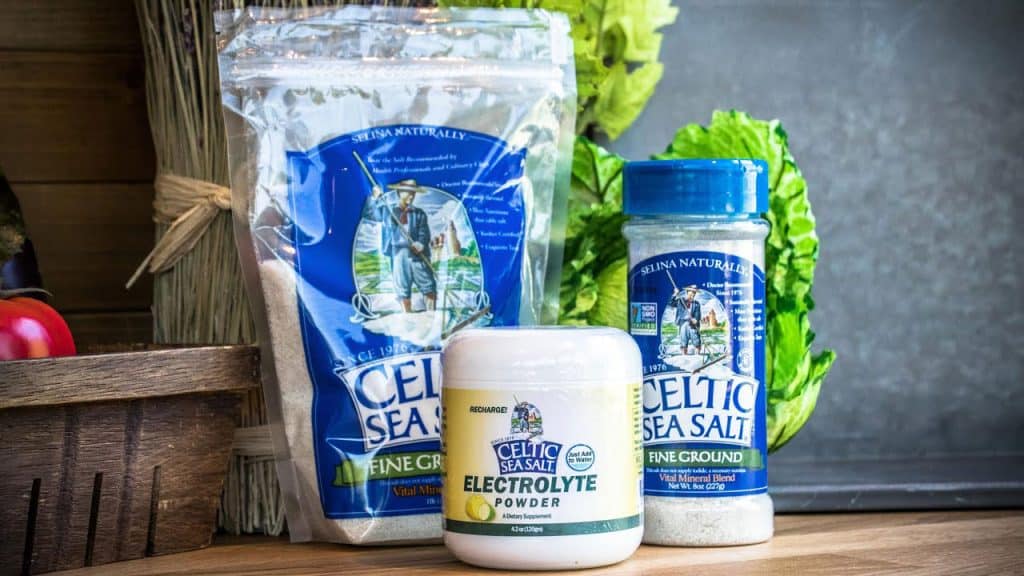Sea salt? Table salt? Iodized salt? Kosher salt? How can something as simple as the most basic seasoning be so complicated? And that’s before we get to the warnings about how too much salt is bad for you – but if you don’t get enough you’re going to end up unhealthy. Where exactly does Celtic salt fit into all this?
If you know your history, you’re probably aware that the Celts were the people who lived in Western Europe, including Britain, Ireland and France, before the Romans came a-conquering. In the modern day, “Celtic” is a label reclaimed in parts of those countries by the descendants of the invaded, but it’s also sometimes just used as a shorthand for “ancient” or “Pagan”. Where does Celtic salt fit in all this?
Well, Celtic salt is defined by its origins, specifically its association with the waters off the coast of France. This particular area is known as the Celtic Sea. Brittany is the closest land area. Celtic salt has a gray color, leading to its French name of “sel gris”, and it generally has larger crystals than standard table salt. It’s popular as a seasoning and in baking. It’s even been used in skincare.
Another distinctive aspect of Celtic salt is how little processing goes into its production, which still involves harvesting it by hand with wooden tools before allowing it to dry in the sun. This doesn’t just mean it comes in larger crystals or that it avoids too many additives; it also means it preserves various nutrients as well as high levels of moisture. These are the reasons that some people cite Celtic salt as a healthier option.
Celtic salt has higher levels of magnesium, potassium, calcium, iron and zinc than your average salt, although sodium remains the dominant presence. There can be no doubt that these minerals are essential for your wellbeing, particularly your cardiovascular health. They influence things like blood pressure and electrolyte balance. The question is: is salt the best place to find them?
It may have a slightly different taste, appearance and mineral balance than other salts, but that doesn’t mean Celtic salt is free from risk. When consumed to excess, it can still cause the same problems as other salt types. It’s best to moderate your consumption and only use it alongside a balanced diet full of other nutrients.




